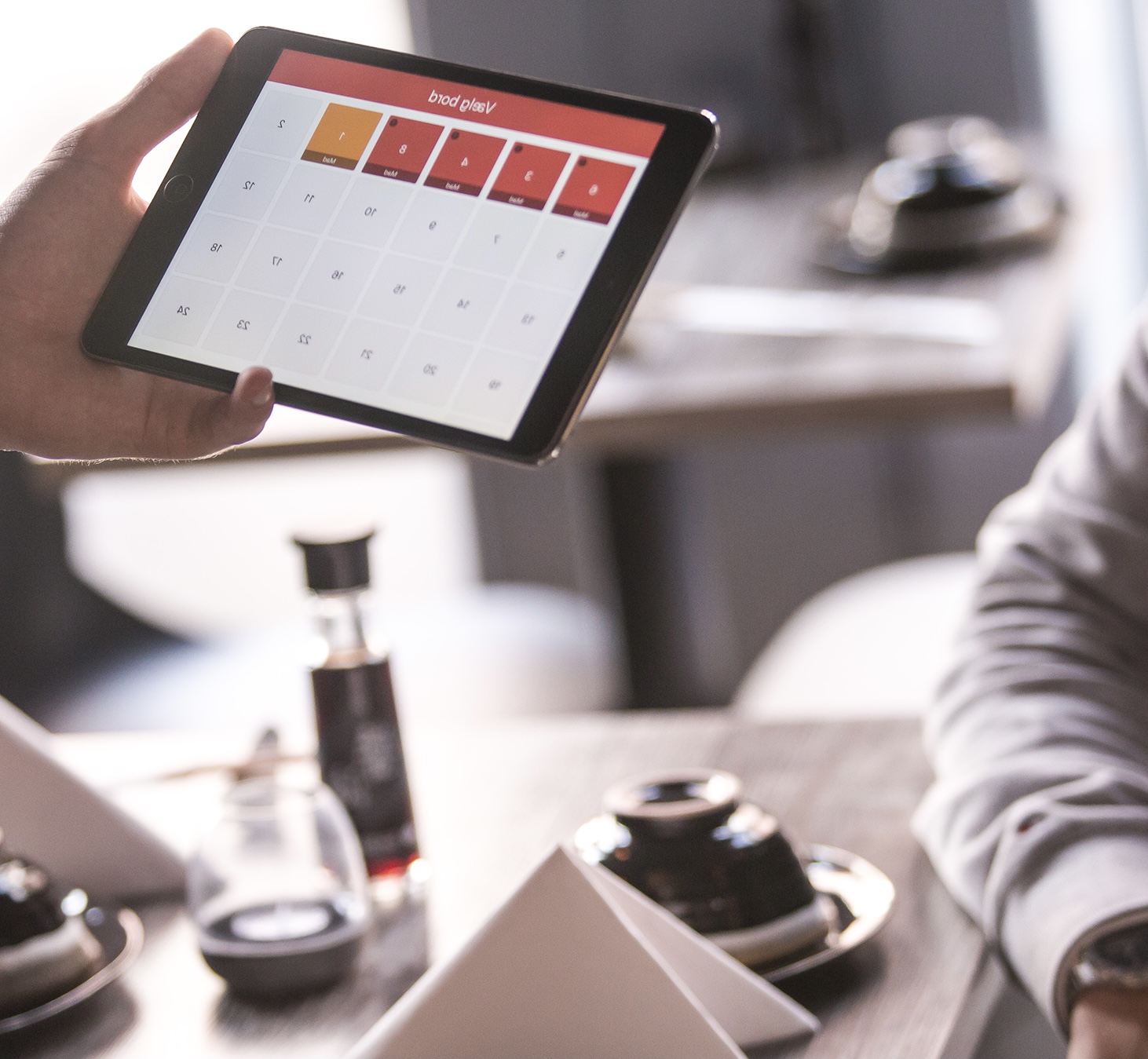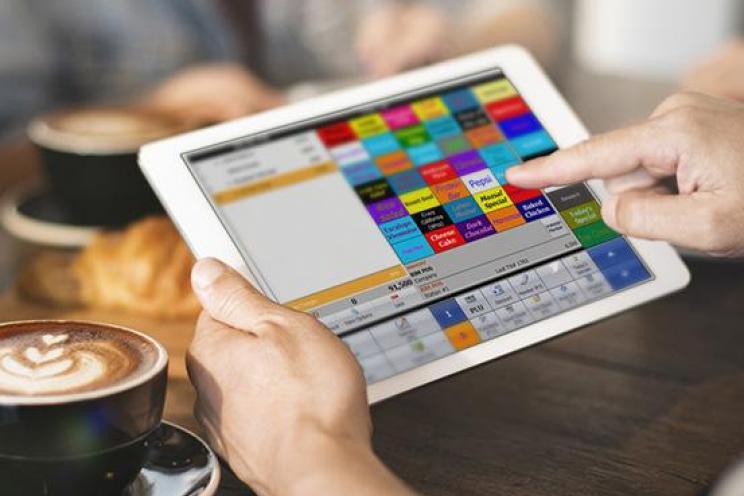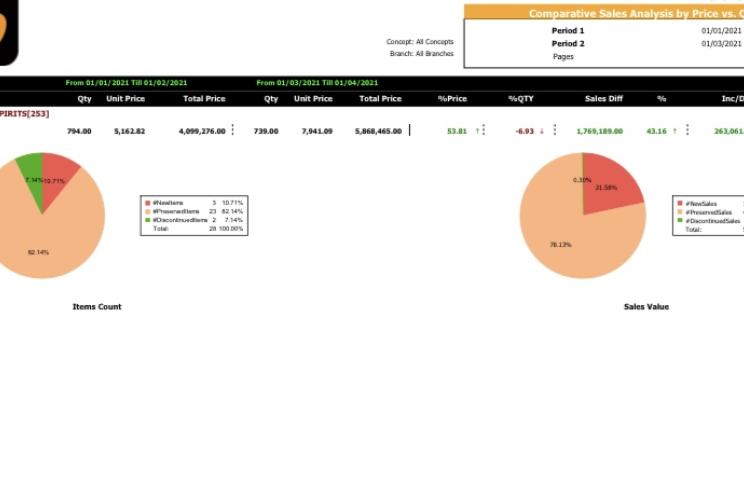
5 restaurant technology trends to shape our world
Restaurant sector hasn’t been the fastest in adopting technology trends but in the recent years and especially after the spreading of the Covid19, restaurateurs have come to realize the importance of technology in enhancing operations.
Food & beverage sector was forced to look beyond traditional to survive the dominant challenges. Restaurants who couldn’t rapidly adapt to changes were out of business.
Those who survived were obligately directed to more contactless dining where customers are separated from restaurant staff for health concerns.
Being the big savior for many industries and sectors, technology trends are here to shape our world.
So, what are the top technology trends that are expected to shape restaurant business today?
Off premises revenue streams
While people used to enjoy a night out dining at their favourite restaurant, they became more comfortable with food delivery and take outs.
Technology played the biggest part in the success of these revenue streams by offering several features for restaurants. Kitchen management system is one example of managing orders from different sales channels avoiding errors and delays for an efficient order flow.
Food and delivery applications for online orders gained the biggest success in facilitating deliveries. In the coming years, we can only expect online orders and deliveries channel to flourish with more updated technology features.
Restaurants and especially the fast-food ones invested in developing their own integrated online platforms instead of relying on third-party businesses.
Rise of cloud kitchens
Beside the dining-in area, many restaurants have started their cloud kitchens. Cloud kitchens are commercial facilities purpose-built to produce food specifically for delivery. These kitchens are sometimes also called ghost kitchens or virtual kitchens with the delivery-only food brands.
Cloud kitchens operations that have no brick-and-mortar premises were appealing to restaurateurs due to their lower operational costs.
With the many benefits they’ve got to offer, cloud kitchens are expected to rise in popularity in the coming years especially because they appeal to young investors.
Self-ordering kiosks
A self-ordering kiosk is a solution that gives control to your customers to place their orders and process payments on their own without the assistance of a cashier.
Their system consists of a touchscreen with an easy-to-use digital interface. The screen displays the menu and it guides customers step by step through the whole ordering process and then payments and pickups.
The kiosk also displays all offers and promotions in addition to order modifiers the customer might want to try or add.
With all the contactless dining hype and the need for a faster customer service, expect to witness a rise in the use of SOK that eliminates queues especially in quick service restaurants.
You can find more details about SOK in this blog.
Marketing automation for customer loyalty
Customer service is no longer restricted to on premises experience. It shapes a whole journey that begins long before a customer visits a restaurant or orders from a restaurant and continues till after they leave.
Customer service now begins on social media and how well you can respond to customers’ complaints and concerns or inquiries. It is also related to CRM automated tools that enable you to receive feedback about customers’ dining or delivery experience.
CRM doesn’t stop here. It also helps you to know your customers to customize their experience for enhanced customer loyalty.
QR codes
Auto-scanning barcodes have become popular. Scanning barcodes for online payments and for collecting points is becoming a trend to a point where you might need to decrease the number of your front-line staff.
QR codes don’t require an application download to browse the menu which is an additional reason for their popularity beside being a cost-effective tool.
You might hate it or you might appreciate it but it’s totally up to you to benefit from these trends for better customer service and additional revenue streams.





